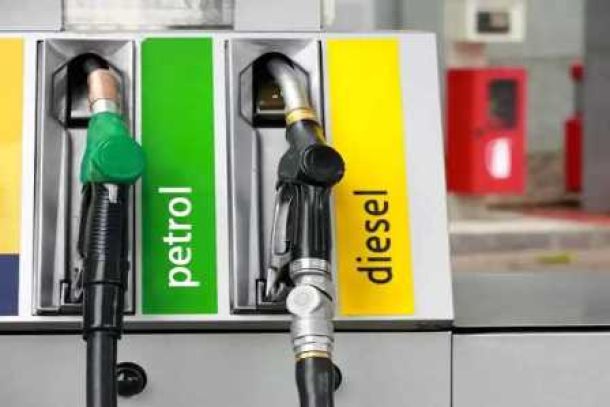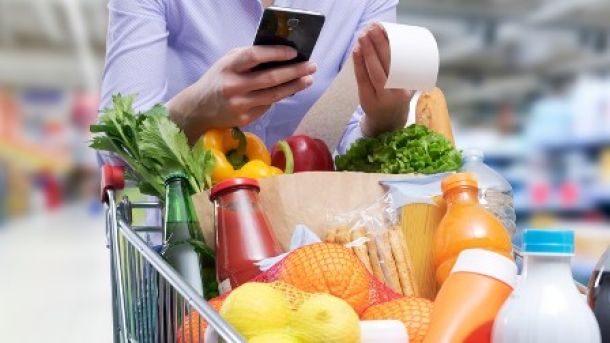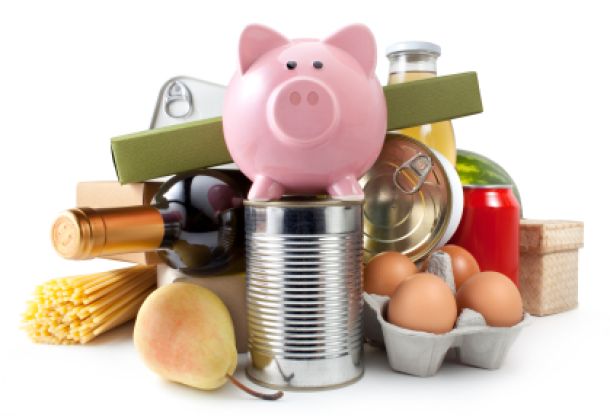
Nearly half of South Africans struggle to afford food and electricity – survey
By: Xolile Mtembu - IOL
South Africans spend over one-third of their income on food, and growing costs have a significant impact on their finances.
This is according to the FinScope Consumer South Africa 2023 survey.
FinMark Trust launched the probability survey in 2003 to understand end users’ experiences with financial services and products.
Living expenses, such as groceries, energy, transportation, and communication, make up approximately 85% of monthly income. Groceries account for 30.4% of expenses, followed by energy (11.5%), transportation (9.1%), communication (8.8%), and basic household maintenance and rental rates (8.5%).
According to the report, rising expenses limit access to education and insurance, as well as hinder debt repayment. The March 2023 Credit Bureau Monitor report by the National Credit Regulator also shows that 23% of clients missed instalment payments, underlining their financial vulnerability.
“It is considered highly burdensome to allocate more than 10% of income to household energy expenses, including electricity.
“The year 2024 may not alleviate the cost to consumers, as they have recently endured a staggering 12.74% increase in Eskom’s tariffs, with no indication of interest rates decreasing any time soon,” said Jabulani Khumalo, the senior data and analytics specialist at FinMark Trust.
Khumalo went on to say that due to budgetary restrictions, two out of every five people reported having no electricity in their homes in 2023.
On Friday, April 19, the South Durban Community Environmental Alliance (SDCEA) marched to the City Hall to protest Eskom’s electricity tariffs.
Reading the memorandum that was handed over to the mayor’s representatives, SDCEA’s coordinator, Desmond D’Sa, said that many of Durban’s citizens have for years experienced no access to the proposed tariff developments, water sanitation, and refuse services.
“People have experienced rising bills which they cannot afford, resulting in cut-offs on the electrical, water, sanitation and refuse supply. This is a human rights issue that negatively impacts the lives of people and their families.
“They are currently experiencing the worst social and environmental impacts as a result of our government’s negligence and incompetence,” said D’Sa.
The country’s 30 million economically active adults, or 86%, lack retirement plans, according to FinScope data. Approximately two out of three of middle class individuals earning between R9,999 and R20,000 do not have retirement financial products.
As a result, priorities move away from future savings and towards fulfilling immediate financial needs.
News Category
- International retailers
- On the move
- Awards and achievements
- Legislation
- Wine and liquor
- Africa
- Going green
- Supplier news
- Research tools
- Retailer trading results
- Supply chain
- Innovation and technology
- Economic factors
- Crime and security
- Store Openings
- Marketing and Promotions
- Social Responsibility
- Brand Press Office
Related Articles

Petrol price earmarked for another hike in May

Petrol price hike on Wednesday, but some diesel...

SPAR shares tips on how to lighten the financia...

Reprieve for consumers at till as prices tick m...


